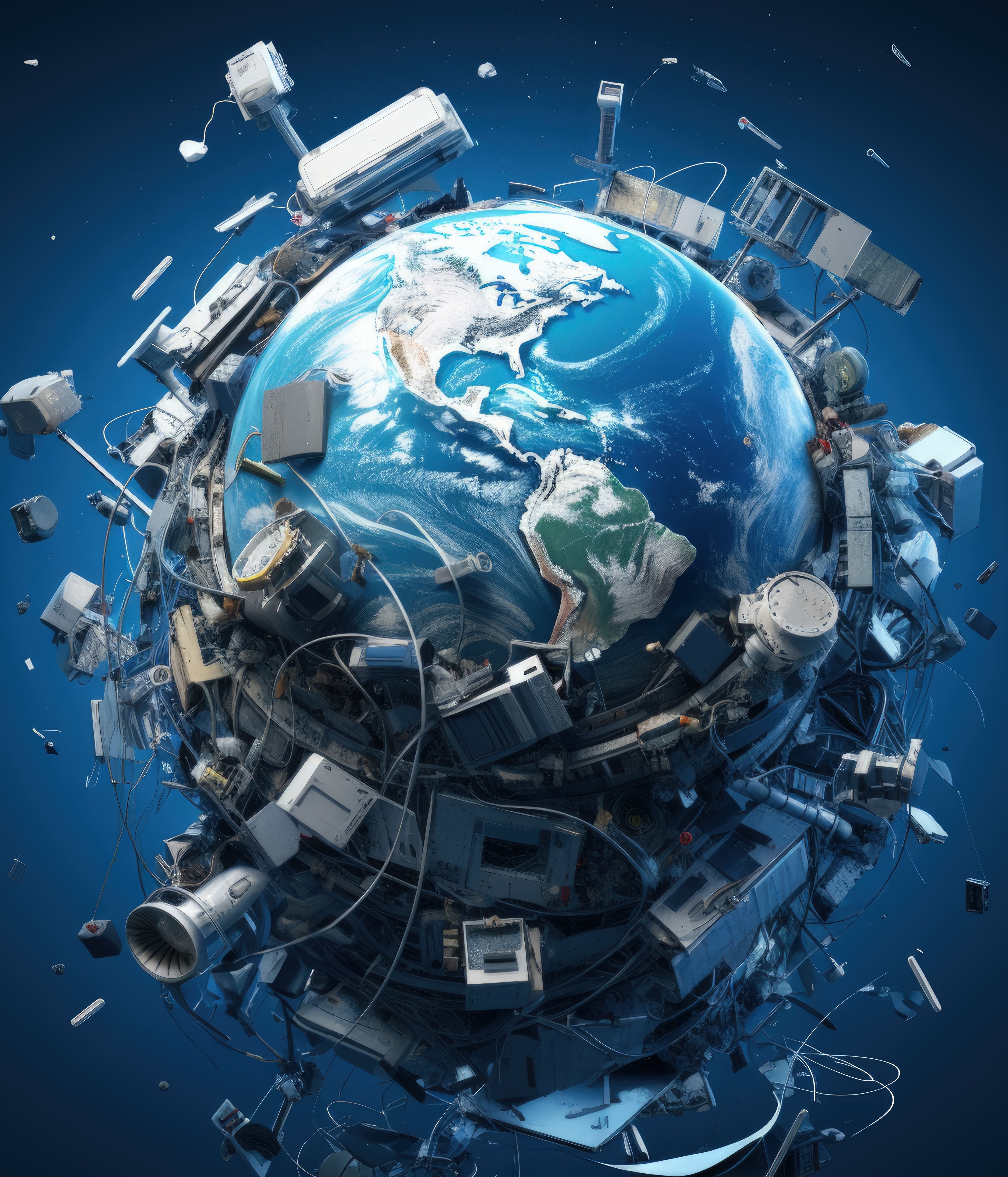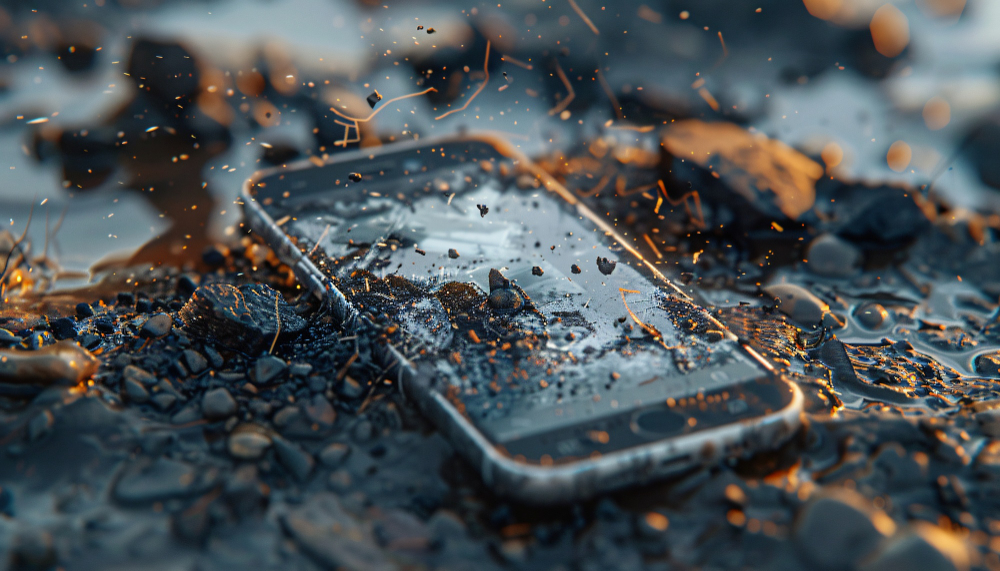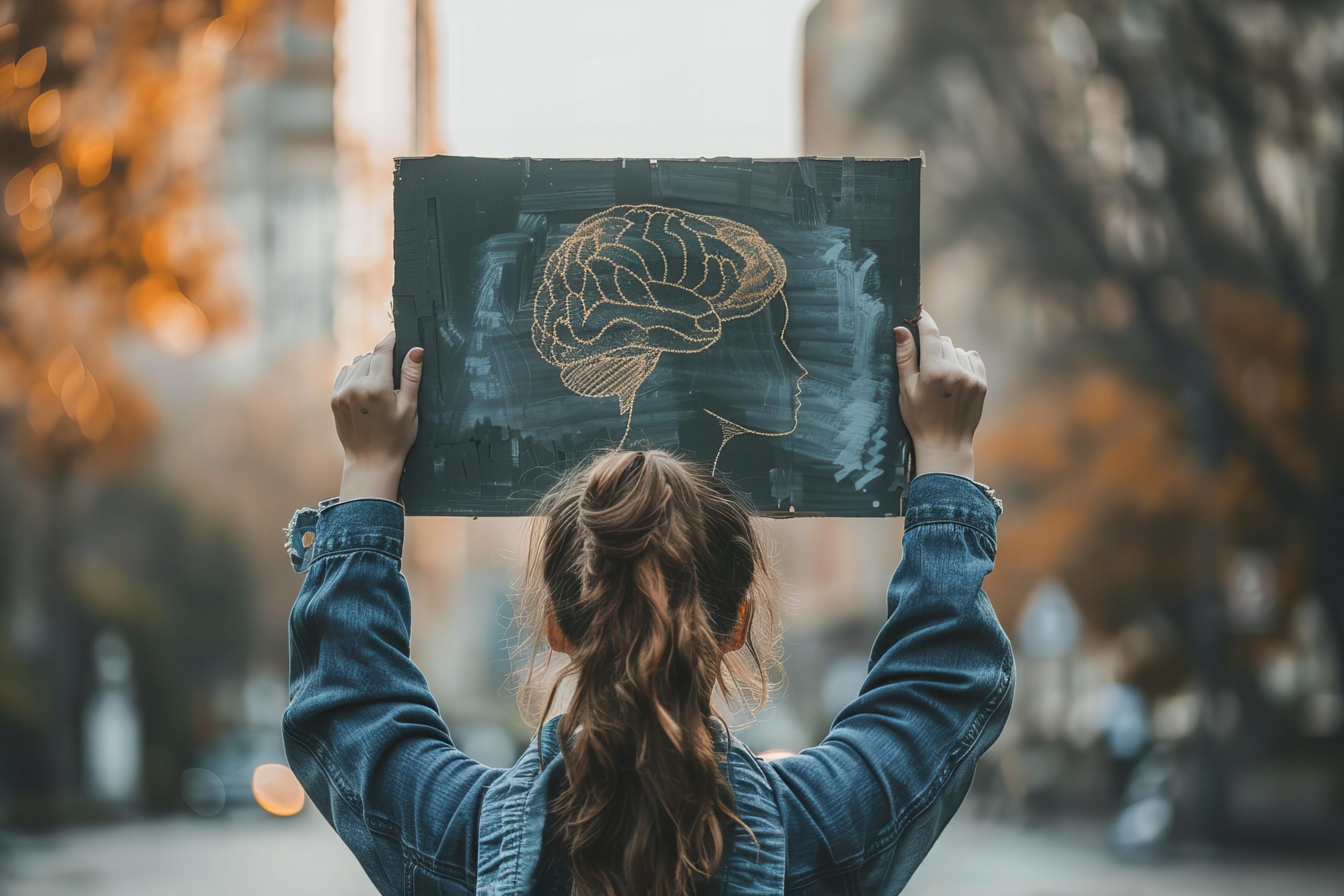
We use our technological devices and connect to the internet every day and often carry them with us wherever we go. But have we ever wondered if these devices also pollute and endanger our environment?
Almost all users think that, since the “online” is something intangible (data, photos, videos, etc.), no carbon dioxide is produced, the main factor of environmental pollution; in reality, it's not like that, let's see how we can reduce digital pollution.

What is digital pollution?
Digital pollution means the impact on the planet, in terms of carbon dioxide emissions, caused by the production, use, and disposal of electronic devices, network infrastructures, online and internet services. The IT impact of these activities is estimated to be equivalent to 4% of global CO2 emissions. And the percentage is destined to rise in the coming years, considering the growing importance of digital in all human activities.
To understand the dimensions of the phenomenon, just think that the entire corporate IT sector alone, worldwide, will leave a carbon footprint equal to that of over 450 million cars in 2025.
You can find more information about it and more research related to the environment at the following link: https://www.bbc.com/future/article/20200305-why-your-internet-habits-are-not-as-clean-as-you-think
Among those primarily responsible for this damage we do to the environment, we find physical infrastructure, hardware, software, databases and applications; let's think, for example, of "clouds", from the users' point of view, having the possibility to store their contents in external spaces is a great advantage (especially because we imagine that all that is online is immaterial), but the operation of the “clouds” is not light in terms of energy, as it is also for the internet, every time we log online and we surf the internet we damage our planet.

How to change your online habits?
Try to control the size of your files, prefer small files; you can find several sites online that allow you to reduce the size of your file, and computers also have this functionality. It may happen that your files are larger than what is allowed, and it is difficult to lighten them, you can therefore use the temporary storage services offered by numerous sites on internet, instead of "uploading" the file in the message; within an email, a link weighs less than an attached file.
Also, for what concerns the storage, prefer, when possible, to favor local storage of documents, videos, images, rather than cloud storage, both from computers and smartphones. Still remaining in the email sector, among our online habits that can damage the environment we also find storage space: periodically clean up your storage spaces from emails that are no longer important, also because this will prevent you from receiving and sending emails when the archive will be full; many users have the impression that the internet has no limits, but it does, so try to keep your profiles as light as possible.
Finishing with emails, try to send emails that contain more information and will therefore require you to send a single email; don't send hundreds of emails each of which contains just one piece of information and try to limit short replies. This internet page is very useful for other advices, especially if you have your own company and you want to limit the digital pollution your employees may produce: https://www.kabaun.com/en/post/digital-pollution-reduction
What else can we do to help the environment?
Continuing with the advice related to our habits that can reduce the damage to our environment, we exit for a bit the internet world and we concentrate on the “real” one: another of the habits we need to introduce is preferring power strips, it is important to prefer power strips with switches to connect to our devices, because with a single gesture we can turn them all off at the same time.
But first, it is important to learn that one of the first habits we always do is to leave all our devices connected to the sockets when we are not using them and especially when we leave home.
We have the impression that being turned off they do not consume energy, when in reality it is quite the opposite; this has a particular impact on the environment (and also on the bill!), so change your habits and when you go to work, and especially on holiday, remove electronic devices connected to the internet (Wi-fi, TV, computer, etc.) from the sockets and yes , even chargers that are not charging anything should be removed from the sockets.
Other little tips that make a huge difference
Here are other habits we should put in practice every day: turn off your computer or smartphone camera during online meetings unless necessary; clean up computer programs and smartphone apps that you never use; prefer text messages to "voice" messages, which are heavier in terms of data and energy consumption; select the apps from which to receive notifications; prefer the quality of updates to their quantity!
Furthermore, other good habits concentrate on the type of devices you have: try to prefer devices that last over time, so if you need a computer or a new phone, do your research well and don't change your devices just because new models come out (unfortunately this is one of the most common habits), try to maintain the devices as much as possible and repair them until it is no longer within your possibilities; at that point, search the internet for eco-sustainable disposal points where you can leave your digital devices, the environment will thank you! Once you have disposed of your old device, when purchasing your new mobile phone, look for devices that are refurbished or at least made from recycled and eco-sustainable materials.
Speaking of pollution, we recommend this article which deals with the topic of autonomous vehicles and tools: https://alphasolutions.pw/whats-the-future-of-autonomous-vehicles-and-drones/

The pollution produced by large multinational companies
Digital pollution is not made only online, the problem arises from the large companies that produce these devices; in fact, they should increasingly use recycled materials, to limit the extraction of rare earths and the resulting pollution; implement new strategies to achieve higher energy efficiency of production plants, for example using renewable energy to power them; extend the average life of devices, which today stands between 2 and 5 years according to Deloitte data.
Among the devices that deceive us about their eco-sustainability there are not only digital devices, but also solar panels, here is an article if you want to know more:
https://alphasolutions.pw/what-is-the-truth-about-solar-panels/

Alpha Solutions
Alpha Solutions is an agency that deals with human resources, made up of a young staff passionate about their work, who tries to satisfy every customer in the best way! Not only are they committed to helping small and large companies in their growth, but they care about the sustainability of the environment and the internal growth of companies.
You can consult this link to discover the services offered, request a consultation or simply read online articles on their blog that cover all types of topics: https://alphasolutions.pw/
Related Posts
Developing Soft Skills for Better Interviews and Client Relationships
When you deliberately invest in freelance soft skills development, you increase your chances of winning…
Key Skills to Excel as a Freelance Virtual Assistant
The role of virtual assistant is one of the few professions that is not threatened…
Enhancing Interviews with Emotional Intelligence and Non-Verbal Communication
Job interviews are not just about professional experience; 70% of success is emotional intelligence in…
Effective Communication Strategies for Remote Teams
Effective communication is essential in any type of work, but when it comes to remote…








 test
test
